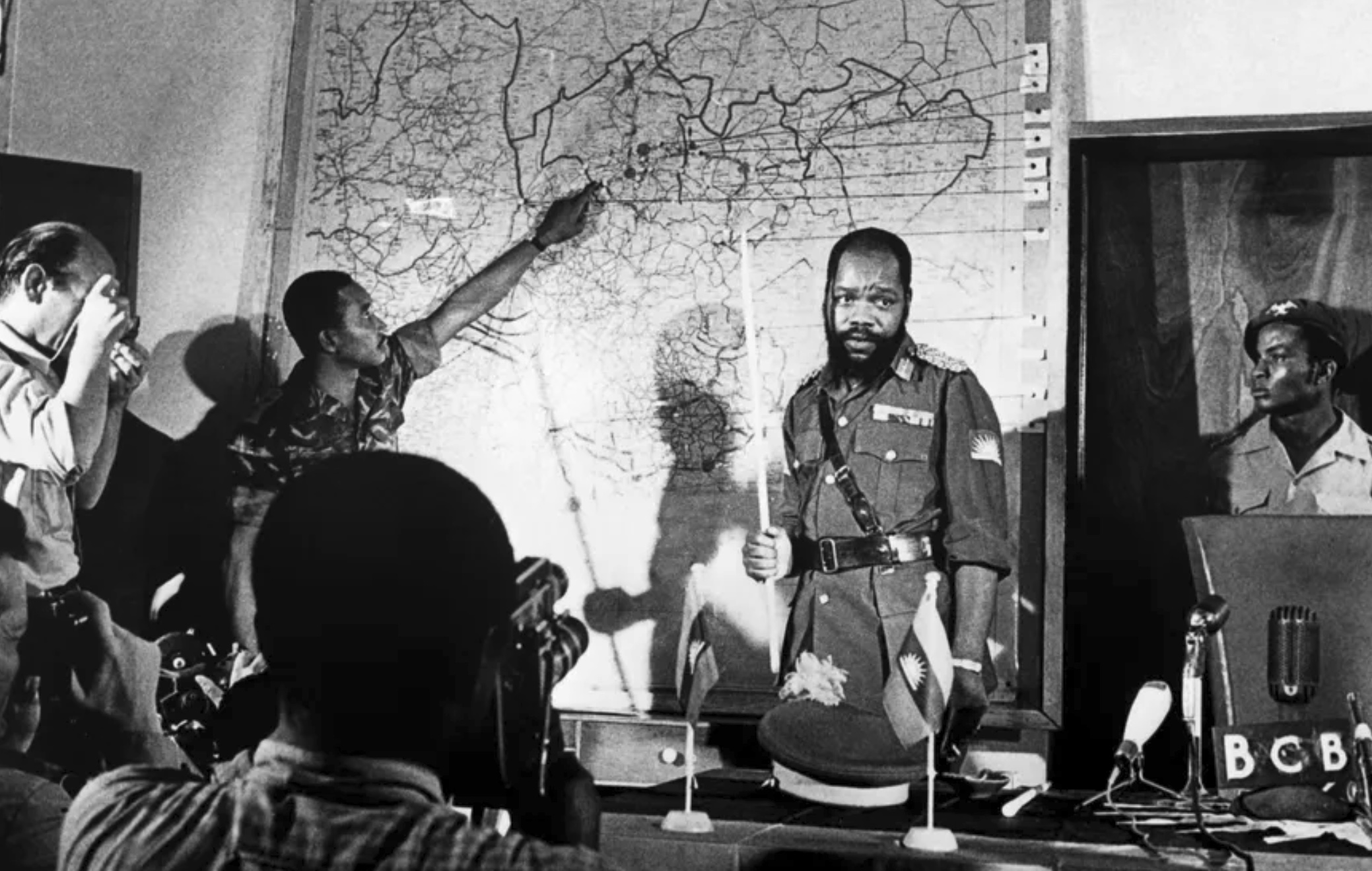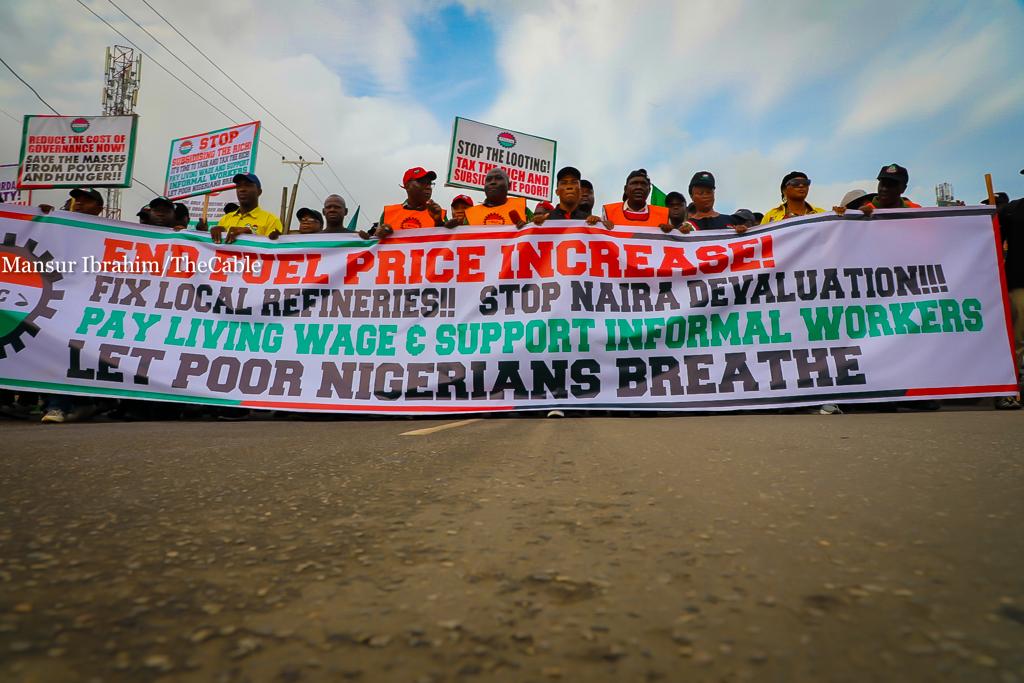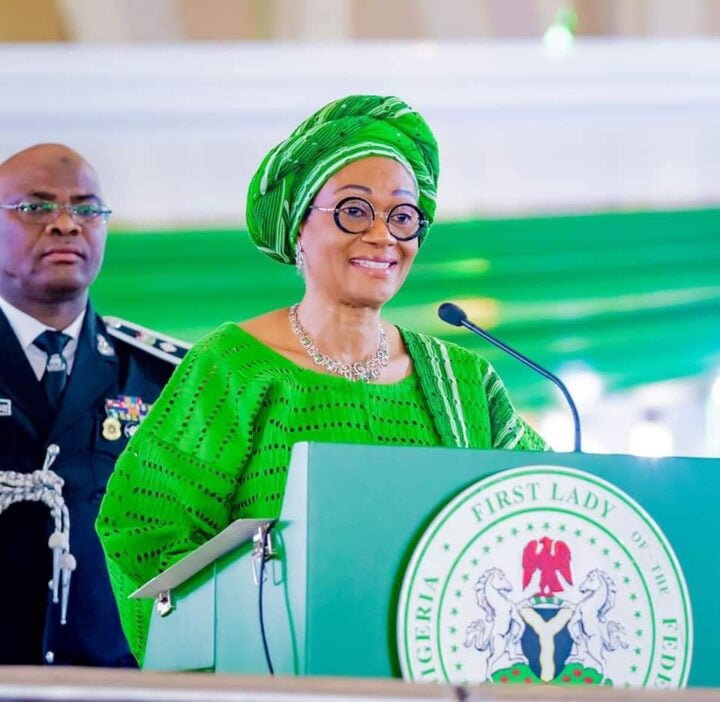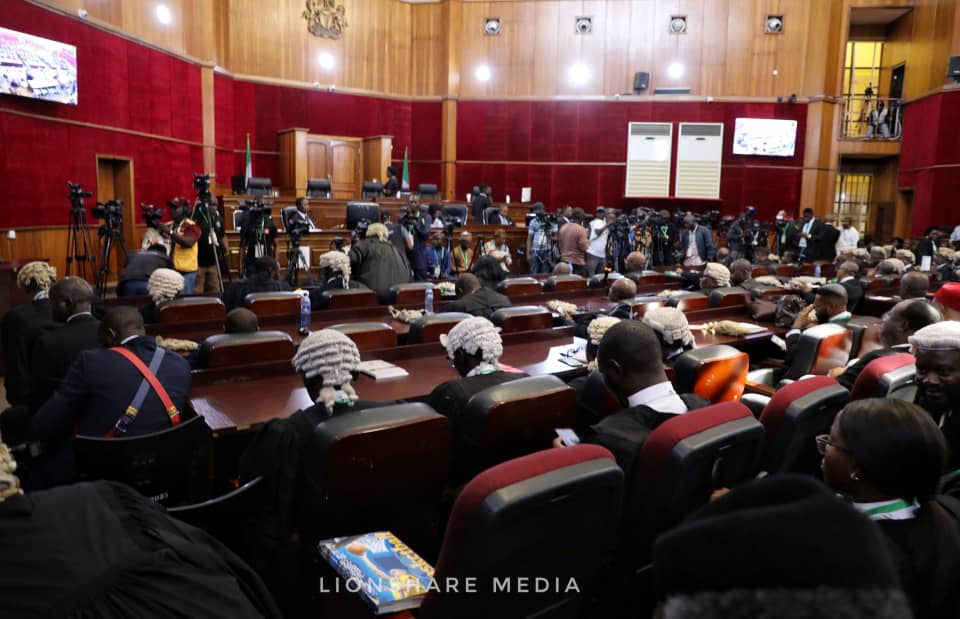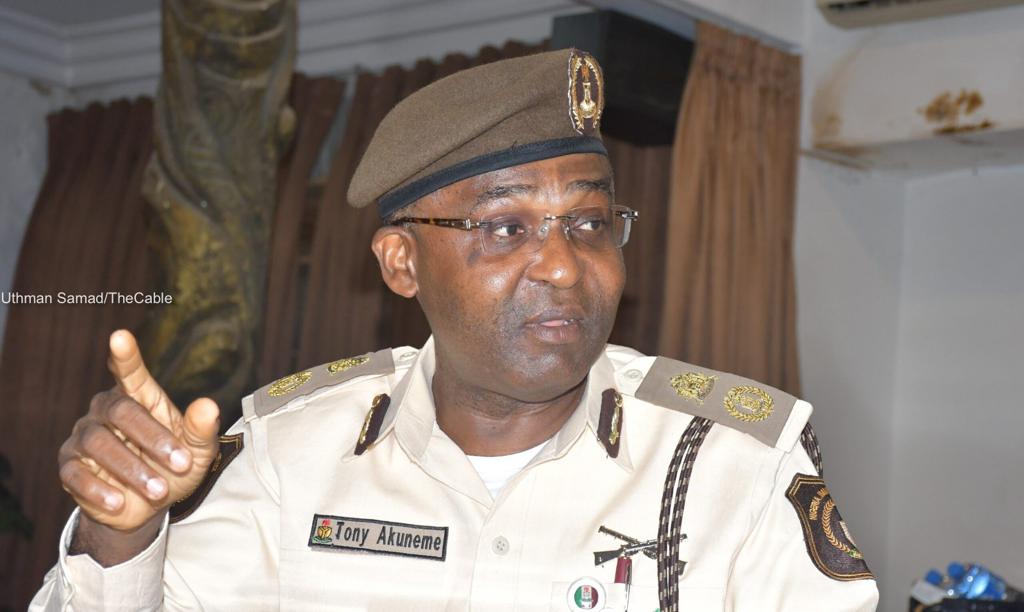In a trove of newly declassified documents, it has emerged that the Israeli government supported both sides in the Nigeria-Biafra war from 1967 to 1970.
The Israeli position, according to the diplomatic cables reported by Haaretz, an Israeli newspaper, was based to promote its business and political interests and divert attention from its own activities in Palestine.
Israel provided assistance to Biafra via third parties while maintaining an official line that it never happened, according to the declassified documents showing internal discussions within the government.
The country also helped Nigeria move soldiers and weapons to the frontline, proposing that the use of an Israeli merchant vessel should be officially treated as a hijack by the federal military government.
Advertisement
This was despite Israel being informed of the atrocities allegedly committed by the Nigerian military on Biafran civilians.
IN SUPPORT OF BIAFRA…
Although Israel consistently denied supporting Biafra while the war raged, it recently opened about 40,000 pages of cables to the public, shedding light on its activities as contained in the files of the foreign ministry.
Advertisement
For instance, Israel gave $200,000 in two instalments to Biafra’s representatives to help them buy weapons from private sources.
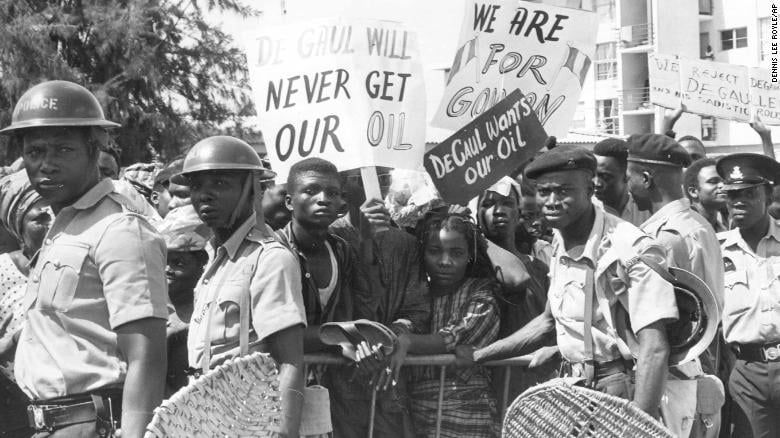
A Biafran representative informed Yehoshua Almog, the advisor at the Israeli embassy in Paris who handed him $100,000 in cash, that Israel was overseeing a campaign to explain to the world that what was happening in Biafra was tantamount to “genocide”.
Several cables showed that the campaign included discreet “outreach” by Israeli diplomats and pro-Israel organisations around the world and also the “placement” of op-ed pieces in the Western media.
A memo dated July 18, 1968 revealed that Michael Okpara, former premier of the Eastern region, had secretly visited Israel to meet senior government officials and it was agreed that weapons captured by the country in its own wars should be transferred to Biafra.
Advertisement
But Israeli planes delivering the weapons needed a stopover somewhere in Africa because they could not fly directly to Nigeria.
Tanzania was to be the conduit, but there was a problem: President Julius Nyerere did not approve of it, despite recognising Biafra.
President Félix Houphouët-Boigny of Côte d’Ivoire, a strong supporter of Biafra and an ally of Israel, had also pressured the country to assist Biafra with weapons, offering that they could be transferred through his country if not directly.
Israeli support for Biafra was to divert attention from its own activities in Palestine, the cables revealed.
Advertisement
In a March 23, 1969 telegram, Yael Vered, director of the Middle East department at the foreign ministry, informed the Israeli embassy in London of the intention to “initiate and assist a large-scale propaganda campaign for Biafra in order to divert some of the sympathy for the Palestinians to this oppressed people and to simultaneously denounce the murderous role of the Arabs in the case of Biafra”.
This was in reference to the use of Egyptian pilots to fly the Nigerian planes that were used for bombing missions in Biafra.
Advertisement
Israel repeatedly denied supporting Biafra, but the foreign ministry was in the know of the “private” campaign of weapons sales and was coordinating it with some of the Israelis who were acting “privately”, as seen in the declassified cables.
Indeed, shortly before the war broke out, Israel had connected the government of Eastern Nigeria with arms dealers in Europe.
Advertisement
In an August 15, 1966 cable, Moshe Bitan, deputy director-general of the foreign ministry, told Ram Nirgad, the ambassador to Nigeria, that a Biafran delegation was in Israel on a secret mission.
With £1.5 million (approximately $4.2 million then) in the bag, the Biafrans wanted to buy 2,000 rifles, 500 machine guns, 100 pistols, 1,000 hand grenades as well as ammunition, and requested Israel’s assistance.
Advertisement
Bitan said he and his superior, Aryeh Levavi, decided to help by providing contact details for an arms agent in Europe who would be able to sell them both Israeli and non-Israeli weapons.
In a telegram dated February 27, 1967, Moshe Leshem, head of the Africa department, wrote to Nirgad on the allegations of arms shipments from Israel to Biafra.
He said “only the allegation about the activity of private Israeli dealers is true. However, this cannot be repeated nor admitted”.
…AND IN SUPPORT OF NIGERIA
While supporting Biafra through back channels, Israel openly allowed Nigeria to use a merchant vessel to ferry 750 soldiers, barrels of fuel, bombs, explosives, weapons, light ammunition, trucks and 150 cows to the war front in November 1967.
Joseph Edet Akinwale Wey, the chief of naval staff and second-in-command to Yakubu Gowon, had requested Israel’s approval to use the Israeli vessel for the delivery of weapons and soldiers to the war zone.
He, however, warned that if the request was not granted, the vessel would be confiscated by the Nigerian government.
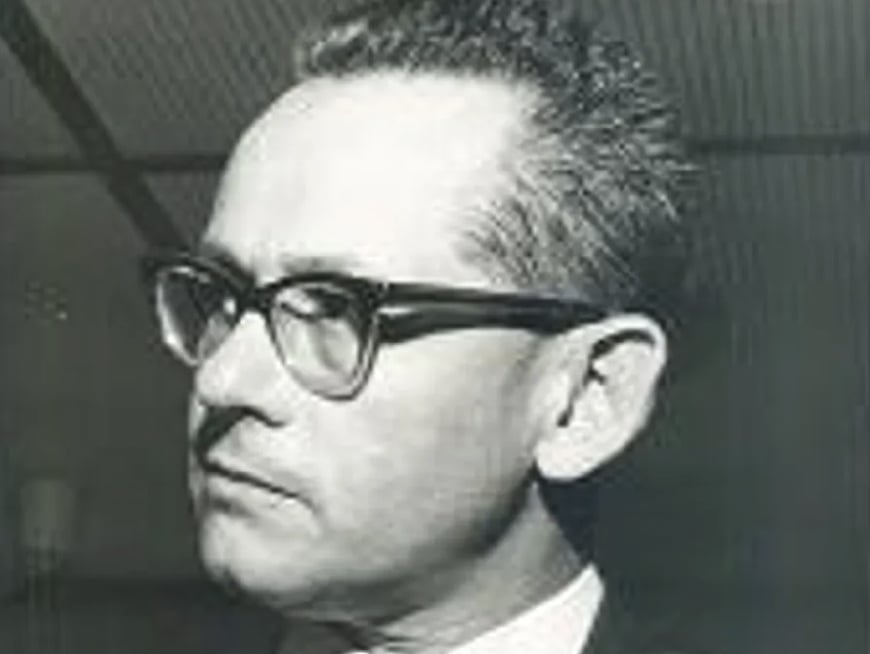
Leshem told Nirgad on November 10 that “it is more convenient for us to have them confiscate the ship than to volunteer it. You can tell the commander of the navy that we will accept the confiscation and won’t resist”.
In his response, dated November 12, Nirgad said part of the Israeli crew refused to sail to the war zone and the Nigerian foreign minister had asked him to personally speak with them.
He was also worried that the ship flying an Israeli flag could shock “our friends in Biafra”.
Nirgad boarded the ship and addressed the crew as requested by Nigeria, but he described the experience as “a difficult conversation that lasted about two and a half hours. I faced a barrage of questions on conscientious, humanitarian and national grounds and simply about their fears of danger… I did not force the crew, but still out of safeguarding the company that owns the ship’s interests and in order not to be accused by the Nigerian authorities of a failure bordering on sabotage, I led the crew in the conversation so that almost all of them were convinced to remain on the ship”.
In further support, a shipment of 81-mm mortars from Israel arrived in Lagos on an Israeli ship in July 1968.
After Nirgad reported the development to Yohanan Bein, chief assistant in the ministry’s Africa department, the Israeli foreign ministry released a statement denouncing “the unimaginable human suffering that afflicts parts of the population in eastern Nigeria, and that arouses deep feelings of shock among all human beings, and in particular among our people who have experienced inhuman suffering over the years”.
Israel also sold jeeps and communication equipment to both sides, as revealed in the cables.
Gowon would later complain to Nirgad that despite his country’s denials, “certain things were still discovered, such as Israeli communications equipment that the federal forces found in the territories they had liberated from Biafra”.
Nirgad maintained Israel’s “unconditional” support for the federal government and reminded Gowon of Israel’s “ongoing assistance” — but Leshem confirmed to Nirgad in a January 18, 1968 telegram that indeed, communications equipment was sent from Israel to Biafra.
Warning: This section contains graphic details that some readers might find upsetting.
REPORTS OF WAR CRIMES
In December of the same year, while Nigeria was negotiating the purchase of communications equipment with Israel, some disturbing reports came from the war front.
The Israeli foreign ministry received a report from Yoram London, a medical doctor who headed a team of Israeli medics that was helping Biafran civilians.
London reported that “the Nigerian army destroyed the entire Igbo population including women and children… we know of acts of abuse against pregnant women”.
He described a case in which federal soldiers cut open the abdomen of a woman in her ninth month of pregnancy without killing her, “and took out the living fetus, shot it and then played football with it”.
He also said there were places “where federal soldiers cut off the legs of little children and babies and left them alive”.
On October 19, 1968, the hospital where the Israeli medical team was staying was targeted from the air with three bombs, which resulted in 32 casualties.
The International Red Cross suggested that the hospital was bombed because the federal government pilots were from Egypt and they knew about the presence of the Israeli medical team there.
THE IGBOS AND JEWS LINKS
Although Igbos branded themselves as the “Jews of Nigeria” in their interaction with Israel, government officials did not like the comparison of “genocide” with “the Holocaust” in which millions of Jews were killed in a campaign by Adolf Hitler to exterminate the Jewish race in the 1940s.
In a telegram sent to Jerusalem on July 30, 1968, Nirgad expressed indignation at the comparisons made by Biafran leaders between the fate of the Jews and that of the Igbo people.
He said the goal of the Nigerian government was not to exterminate the Igbo but rather, as Gowon claimed, to “suppress a rebellion and give the Igbo people their full rights in their Nigerian homeland”.
On Gowon, Nirgad wrote: “I tend to believe in his personal honesty.”
Dozens of declassified telegrams showed that there were senior officials in the Israeli foreign ministry who wanted to stop Israeli food aid, arguing that the Biafran leadership would not prefer food to weapons in any case.
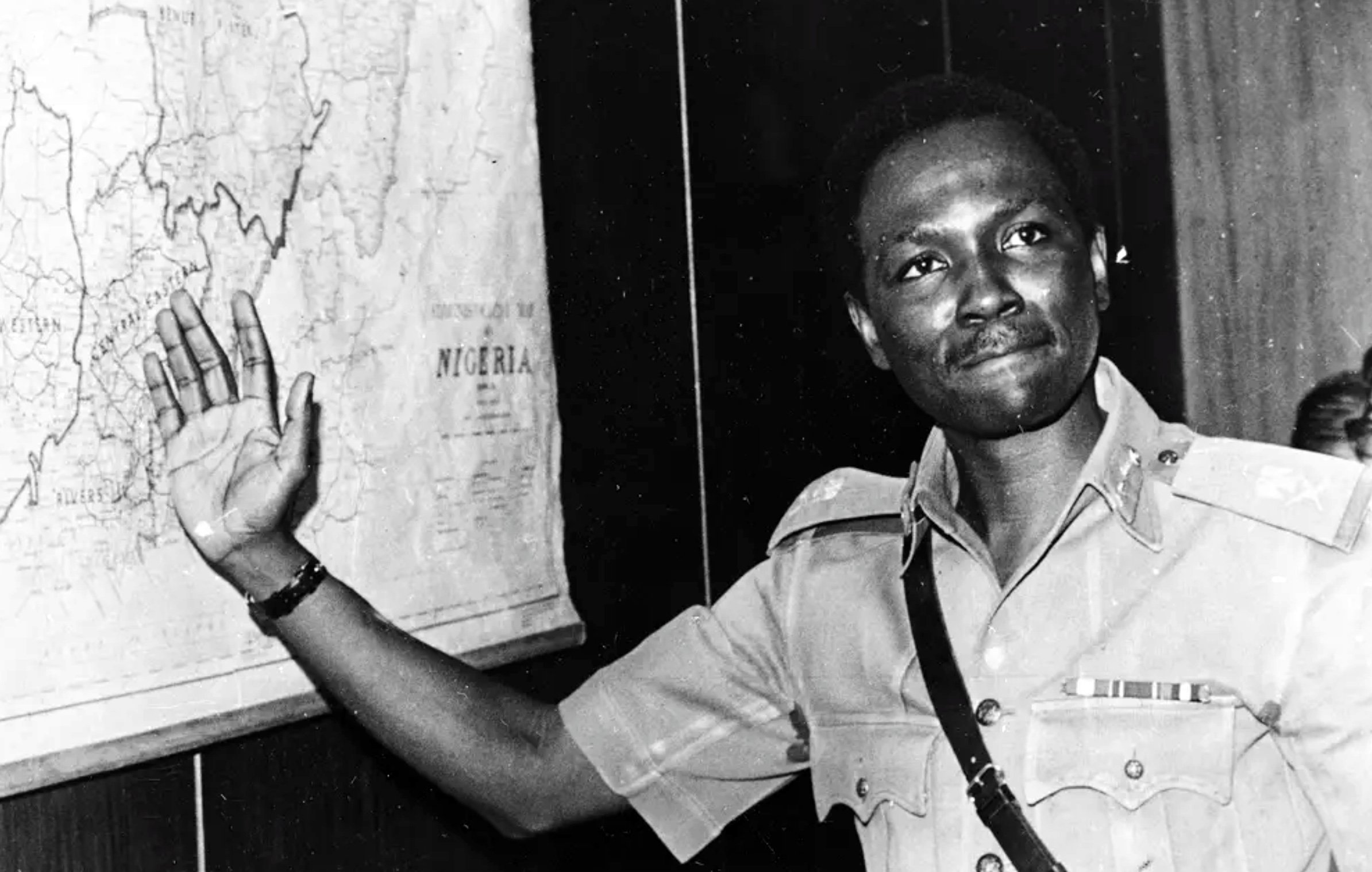
They warned against damage to Israel’s relations with the federal government, noting that the physical transfer of food to the war zone in Biafra was, in itself, a complicated operation.
However, it would appear the Israelis had a bond with the Igbo, or Eastern Nigeria, before the January 1966 coup.
The leaders of the Eastern region were warm towards Israel because of the “Jewish” claims, coupled with the fact that they saw Israel as the country that “contributed and contributes to the development of eastern Nigeria more than any other country in the world, relative to the size of its population”.
Before the coup, Israeli companies had complained to the Israeli foreign ministry that the authorities in Nigeria, both at federal and regional levels, were demanding 10 percent of contract sums for the needs of their political parties and the heads of government.
They said these actions were carried out “with the full knowledge of the Israeli Embassy in Lagos”.
The January 1966 coup was seen by Israeli officials as an opportunity to strengthen relations between the two countries, although there was no suggestion that Israel played a part in it.
Still, they preferred the new head of state, Johnson Aguiyi-Ironsi, an Igbo general and a Christian, who was believed to be more disposed to Israel than the government led by Abubakar Tafawa Balewa, a northern Muslim.
But Aguiyi-Ironsi had barely settled down when the counter-coup was launched in July of the same year and Israel decided to toe a “moderate” line as the civil war ensued.
THE ROAD TO CIVIL WAR
The Nigeria-Biafra war was sparked off by a chain of events starting with the January 1966 coup that ousted the democratically elected government headed by Tafawa Balewa as prime minister.
Led by Kaduna Nzeogwu, then a major in the Nigerian Army, the coup leaders complained about corruption in the federal government, such as the collection of 10 percent bribes on contracts.
They killed a number of northern politicians as well as their allies in the south.
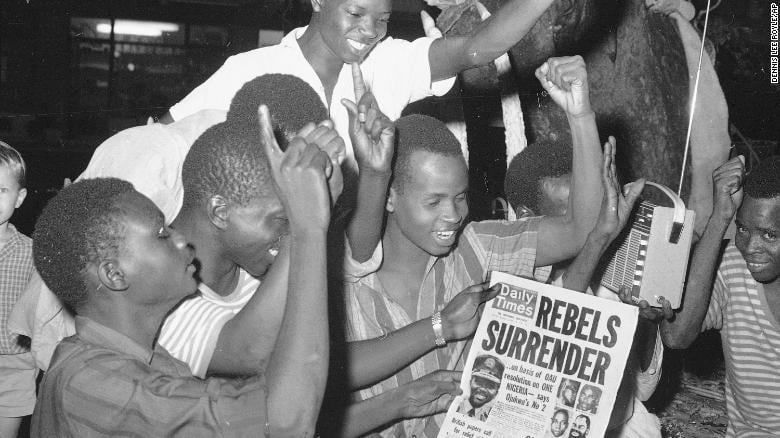
They also killed senior military officers mostly of northern origin, leading to resentment in the north that the coup was targeted at them — with most of the coup plotters being Igbo or associated with Igbo identity.
No Igbo politician was killed while only one Igbo army officer was among the 22 causalities.
The coup attempt eventually failed and the most senior military officer, Aguiyi-Ironsi, assumed power amid tensions in northern Nigeria over the killing of their leaders.
Northern officers regrouped and, in July 1966, launched the so-called counter-coup in which Aguiyi-Ironsi was killed.
Igbo civilians in several northern cities were killed by mobs in retalition over the January coup.
The mass killing and displacement of Igbo civilians in the north, which was not actively discouraged by the new military government led by Gowon, led to threats of secession by the Eastern region, led by Odumegwu Ojukwu, then a colonel.
In May 1967, Ojukwu declared the Republic of Biafra consisting of present-day south-east and south-south states (minus Edo and Delta) after a series of failed negotiations with the federal military government.
Biafra was formally recognised by Gabon, Haiti, Ivory Coast, Tanzania, and Zambia, and supported significantly by France through military and diplomatic means.
The civil war ended in January 1970 with the surrender of Biafra after millions of casualties.
